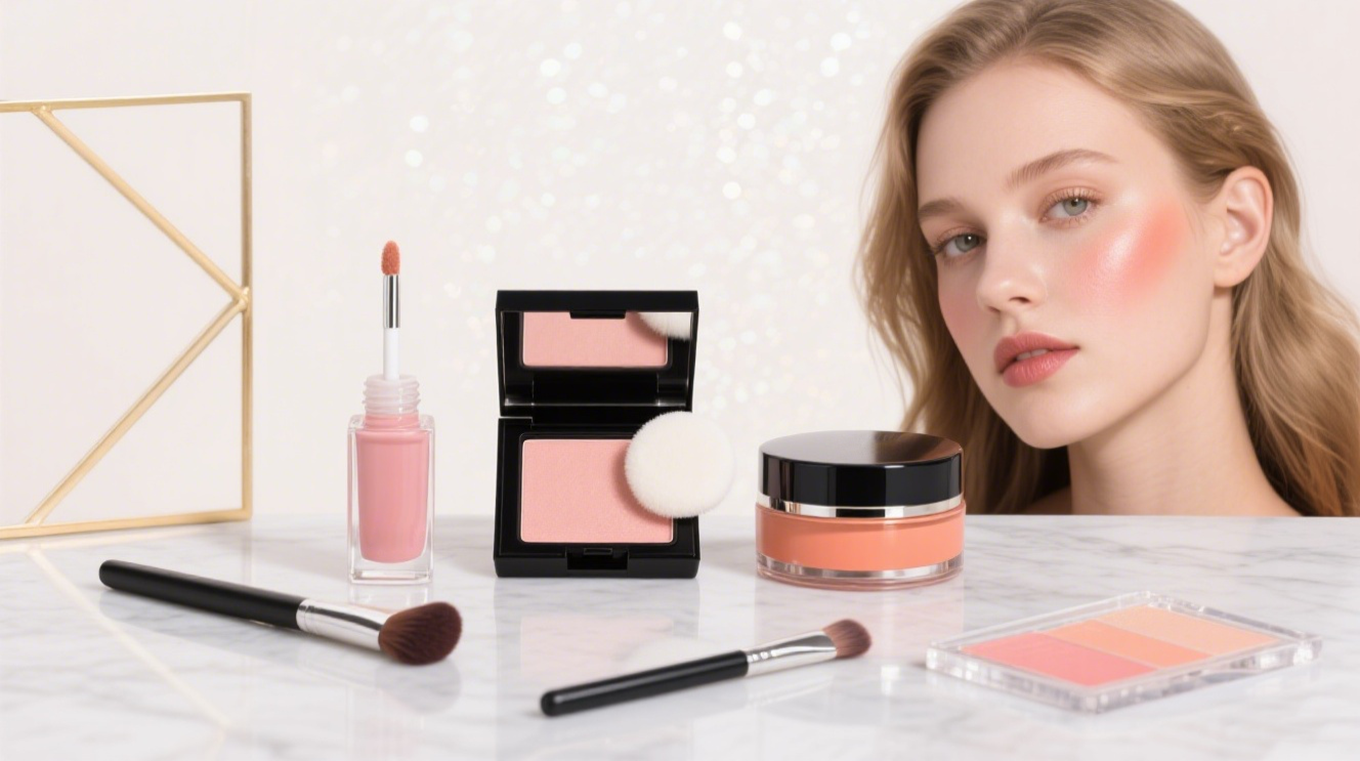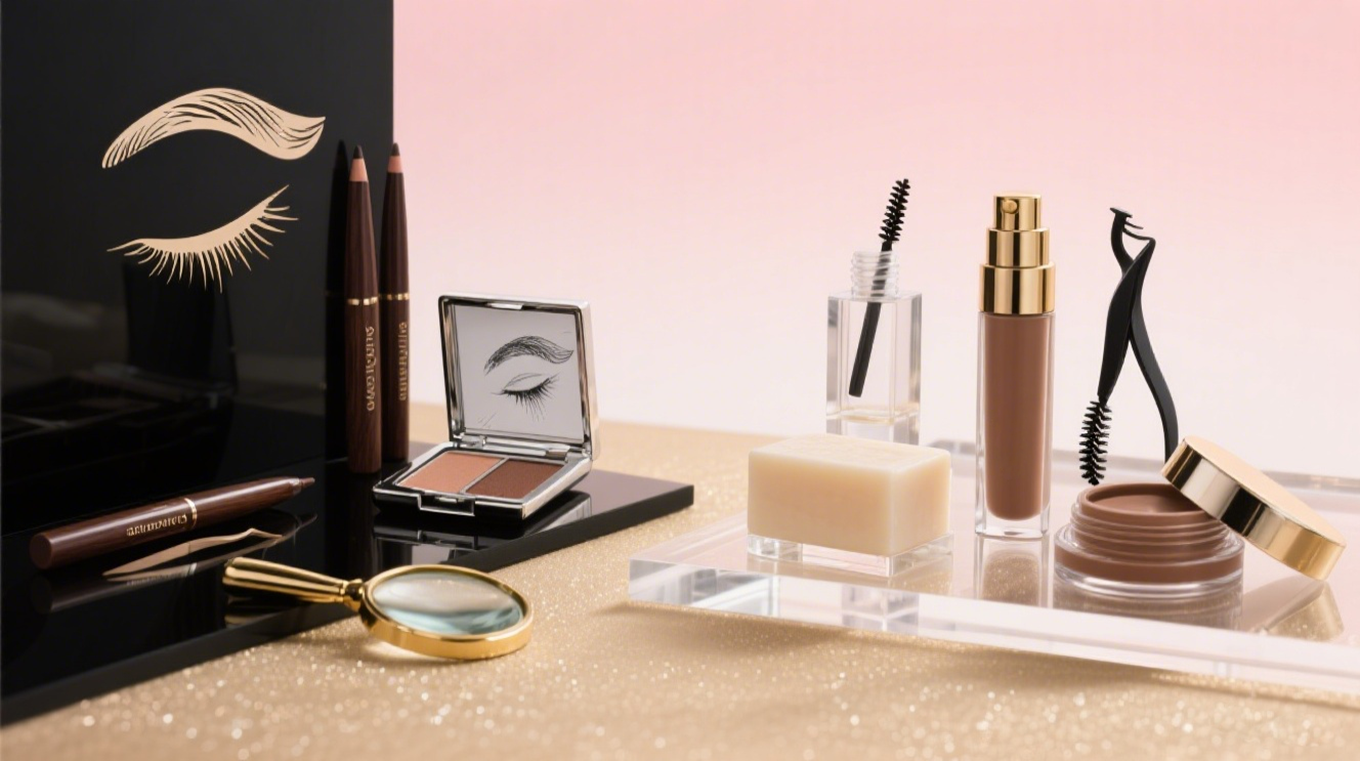The beauty industry is a dynamic and ever-evolving sector, with new trends and innovations emerging regularly. For brands looking to make their mark, contract manufacturing offers a viable pathway to success. This article explores the intricacies of contract manufacturing, private label options, and the critical elements involved in creating successful skincare and cosmetic products.
Understanding Contract Manufacturing
What is Contract Manufacturing?
Contract manufacturing is a partnership where a company outsources the production of its products to a third-party manufacturer. This approach allows brands to leverage the expertise and facilities of established manufacturers, enabling them to focus on brand development and marketing strategies.
Benefits of Contract Manufacturing in Cosmetics
- Cost Efficiency: By outsourcing production, brands can save on the costs associated with setting up and maintaining manufacturing facilities.
- Expertise and Innovation: Contract manufacturers often have extensive research and development capabilities, offering cutting-edge product formulation and innovation.
- Scalability: Brands can scale their production up or down based on demand without the burden of managing production logistics.
Private Label: A Strategic Approach
What is Private Labeling?
Private labeling involves creating products that are branded under your company’s name but manufactured by another company. This approach is particularly popular in the beauty industry, allowing brands to offer unique products without the complexities of in-house production.
Advantages of Private Label Skincare Products
- Brand Customization: Private label options allow brands to customize products to meet their specific needs and market demands.
- Faster Market Entry: With established formulations and manufacturing processes, brands can quickly introduce new products to the market.
- Quality Assurance: Reputable private label manufacturers adhere to strict quality standards, ensuring consistent product quality.
The Manufacturing Process: From Concept to Creation
Product Formulation and Development
The journey of creating a beauty product begins with formulation. Contract manufacturers like BO International and KBL Cosmetics provide extensive R&D services, ensuring that products meet industry standards and consumer expectations. They work closely with brands to develop formulations that align with their vision and market trends.
Packaging and Branding
Packaging is a crucial aspect of product differentiation in the beauty industry. Manufacturers offer a range of packaging solutions, from design to labeling, ensuring that the final product resonates with the target audience. Companies like Federal Package emphasize the importance of container design and labeling in creating a strong brand identity.
Quality Control and Compliance
Ensuring product safety and efficacy is paramount. Manufacturers adhere to regulations such as FDA requirements and GMP practices, providing brands with products that meet the highest standards of quality and safety.
Trends in Cosmetic Manufacturing
Natural and Organic Ingredients
The demand for natural and organic beauty products is on the rise. Manufacturers are increasingly focusing on integrating sustainable and ethically sourced ingredients into their formulations. This trend aligns with consumer preferences for clean beauty products that are free from harmful chemicals.
Customization and Personalization
Today’s consumers seek personalized beauty solutions. Contract manufacturers offer product customization options, allowing brands to tailor formulations and packaging to meet specific consumer needs.
Technological Advancements
The beauty industry is embracing technological innovations such as AI and machine learning to enhance product development and consumer engagement. These technologies enable manufacturers to create more effective and targeted skincare solutions.
Choosing the Right Contract Manufacturer
Factors to Consider
- Experience and Expertise: Choose a manufacturer with a proven track record in the beauty industry.
- Production Capabilities: Ensure the manufacturer can meet your production volume and quality requirements.
- Compliance and Certifications: Verify that the manufacturer adheres to industry regulations and holds necessary certifications, such as GMP and ISO standards.
Building a Successful Partnership
A successful contract manufacturing partnership is built on clear communication and mutual understanding. Brands should work closely with their manufacturers to ensure alignment on product goals, timelines, and quality expectations.
Contract manufacturing offers a strategic advantage for beauty brands looking to innovate and grow. By leveraging the expertise of established manufacturers, brands can focus on what they do best: creating compelling products and engaging with their audience. Whether you're a new brand entering the market or an established name looking to expand, understanding the nuances of contract manufacturing can help you achieve your business goals.
Ready to take your beauty brand to the next level? Explore the possibilities of contract manufacturing and private labeling today. Partner with industry leaders to bring your vision to life and make your mark in the competitive beauty landscape.



